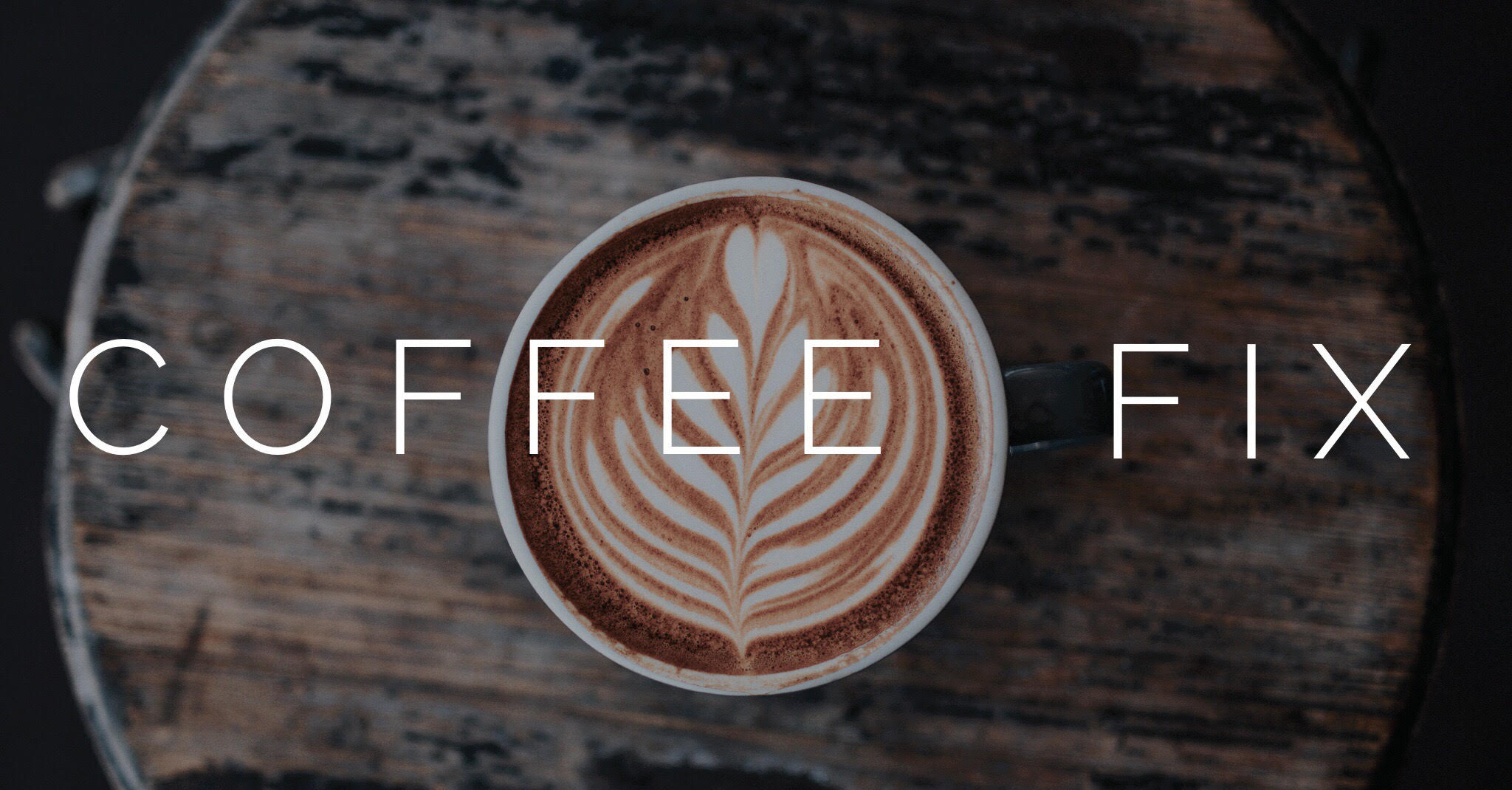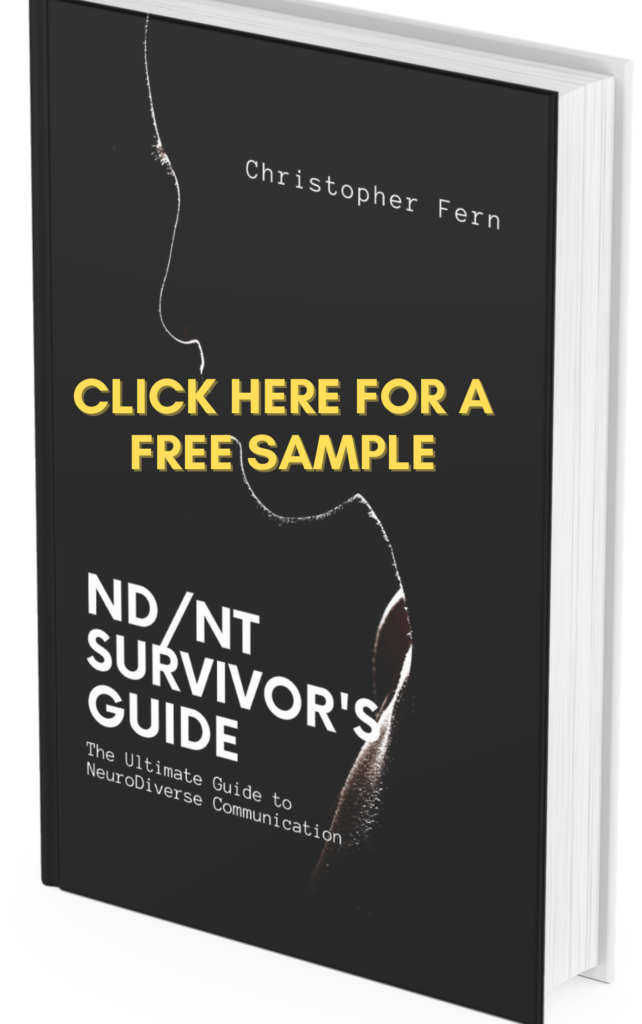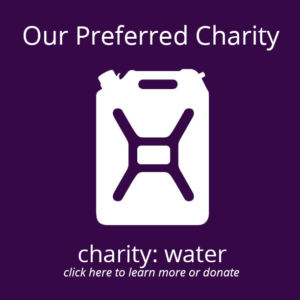by Fatima Cook / Deep Health Evolution
www.deephealthevolution.com
Did you know that well over 2 billion cups of coffee are consumed each day worldwide and New Yorkers are estimated to drink 7x more coffee than any other city in the US. No wonder we also walk and talk at least twice as quickly as anyone else in the country! Coffee love is not a new thing…in one form or another, it has been a part of human culture since before 1000 AD.

Is this a habit we should indulge or tease out? As with most things, the answer is both yes and no!
Here are 8 reasons why you should absolutely drink more coffee.
- Antioxidants. No food on the planet surpasses the number of antioxidants in coffee according to the latest research. It surpasses our darling blueberries and our beloved dark chocolate by a landslide.
- Coffee is a healthy brain superfood, improving memory, mood, vigilance, and energy. Coffee drinkers have a massively reduced risk of developing Alzheimer’s disease (up to 65%).
- The risk of developing Parkinson’s disease is reduced by up to 30% by drinking coffee.
- Great news for all of us who love a cocktail or two – coffee is great for liver health. Coffee drinking has proven to help lower the risk of developing cirrhosis by up to 65%, regardless of the caffeine content.
- Skin health. The more coffee, the lower the chances of developing skin cancer.
- Coffee can help boost athletic performance.
- Coffee can assist in weight loss by bumping up the metabolism.
- Coffee drinkers have a lower risk of developing Type 2 diabetes.
BONUS: That cup of joe may help in the bedroom. It’s been shown to improve women’s sex drive!

Convinced? We urge you to pause and grab yourself a coffee before reading on.
And now for the bad news. If not properly cultivated and processed, coffee can also be damaging and all its wonderful health boosting effects nullified .
So here’s the opposing argument.
- Toxins. Improper growing and processing of the coffee bean, whether organic or not, can cause the development of mold toxins. This is a huge problem in the US, as it has no standards or regulations for coffee. The situation is even worse for decaf coffee because caffeine acts as a natural antifungal in the beans, defending itself against mold and other organisms found in nature. If the decaffeinated beans are processed improperly, the beans are rendered completely defenseless.
- Pesticides. Coffee beans are heavily sprayed. Worldwide, 97% of the coffees are treated with some type of pesticide and other chemicals. It seems unbelievable, given the number of “artisanal” coffee shops out there, but only 3% of the coffees available today are organic. Even organic coffees often succumb to mold while the beans sit in dirty water.
- The Jitters. Caffeine can release cortisol, often referred to as the stress hormone and as a result, increase heart rate and blood pressure. It can make certain people feel more nervous and anxious.
- A Belly Ache. The acidity in coffee can irritate the lining of the stomach and cause heartburn. This is especially true if the person is dealing another underlying digestive condition such as IBS, Crohn’s Disease and ulcers.
What is the solution to this conundrum?
We say go for it. With all those amazing health benefits, it’s hard to say no to coffee, especially since we love the taste. Caveat – choose wisely. Know your beans! To maximize the benefits coffee can have, while minimizing any negative effects, choose coffee you can trust. In other words, coffee from the corner deli will likely be made from cheap, low quality beans you are better off staying away from. Here are some tips:
Chooser organic, single-origin coffee. Meaning, all the beans come from one place. This limits the chances of moldy beans.
Get high. Beans grown at higher elevations need to work harder to survive and as a result, become stronger with a greater ability to fight off mold.

What do we use? Our favorite coffee for home brewing is Purity Coffee. The beans are organic, from high elevations, roasted and packed with laser precision and always super fresh. Each batch is tested for antioxidant and mold content. Independent lab tests compared the antioxidant levels of Purity with 49 other top coffee brands and Purity was the highest with approximately twice the amount on average! You can really taste the difference. Purity has joined the monthly subscription bandwagon where you can receive as many bags are you want, delivered to your doorstep, every 2 weeks. Here is a link. Use code greggcook for 10% off your subscription. There is a ton of information on the Purity site if you are interested in learning more. (While are affiliated with Purity and get a small kickback if you end up signing up for a subscription, it is our favorite coffee for all the reasons listed above…hands-down).
We like the pour-over method and use the Hario carafe and glass dripper pictured above with a walnut and brass stand. Keep in mind is that the effects of caffeine, just as everything else, varies from person to person. One person can drink coffee all day long, never experiencing nervousness and stomach woes while the next may not be able to drink even the most watered down sip. This is a personal thing largely determined by your own genetic constitution. If you’ve experienced negative side effects in the past, try Purity or another trusted high quality organic brand of coffee and test how you feel.
Another thing to try is blending your coffee with some fat source. It can help lessen the caffeine spike and actually extend its effects. The fat feeds your brain, will keep you fuller for longer and will help if your first “meal” is going to be much later in the day. It also tastes amazing. We love grass-fed, raw heavy cream. Some people opt for good old-fashioned grass-fed butter and/or MCT oils. For a non-dairy option, try coconut milk or coconut cream.
Crucial to note is that coffee and caffeine, while amazing in so many ways, will invariably disrupt sleep if consumed in excess and too late into the day. The general rule of thumb is no coffee after 2pm. I (Fatima), personally, am hyper-caffeine sensitive. My cut off is 10am and I discovered this through n=1 experimentation, and a few unfortunate sleepless nights!
Oh, and I would be remiss to leave out one more little coffee trick. Aside from timing your caffeine intake according to your personal constitution, a quick and simple hack is to take the amino acid L-Theanine along with your coffee. L-Theanine is normally found in green tea, among other sources. It is a relaxant associated with promoting alpha brainwaves, and helps balance brain waves and avoid jitters.
If this is interesting to you and you want to get into the science behind all of this, here is even more reading for you. You’ll need that extra kick of caffeine to get through it all!
[1] http://www.nclnet.org/caffeine_awareness_month
[2] http://www.coffeeresearch.org/agriculture/coffeeplant.htm
[3]http://www.ebi.ac.uk/chebi/searchId.do;A9D0B3A3FA3FAB91D48BBB7876D6AD59?chebiId=CHEBI:27732
[4]http://www.smithsonianmag.com/science/five-coffee-mysteries-beans-genes-may-crack-180952614/?no-ist
[5] http://www.sciencemag.org/content/345/6201/1181
[6]http://www.mayoclinic.org/healthy-lifestyle/nutrition-and-healthy-eating/in-depth/caffeine/art-20049372
[7] http://en.wikipedia.org/wiki/Caffeine
[8] http://www.ncbi.nlm.nih.gov/pubmed/21954354
[9] http://www.ncbi.nlm.nih.gov/pubmed/14726276
[10] http://www.geneplanet.com/genetic-analysis/list-of-analyses/caffeine-metabolism.html
[11] http://www.caffeineinformer.com/caffeine-sensitivity
[12] http://www.medicalnewstoday.com/articles/285194.php
[13]http://www.nature.com/neuro/journal/v17/n2/full/nn.3623.html




